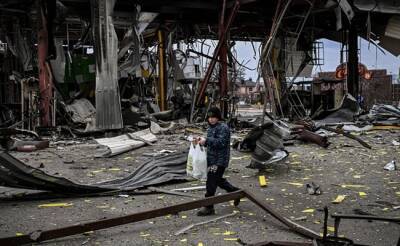Ally or suspect? The war in Ukraine as a stress test for the crypto industry
It has been two weeks since Russia kicked off the first large-scale military action in Europe in the 21st century — a so-called “special operation” in Ukraine. The military conflict immediately triggered devastating sanctions against the Russian economy from the United States, the European Union and their allies and has put the crypto industry in a position that is both highly vulnerable and demanding.
As the world watches closely, the crypto space must prove its own standing as a mature and financially and politically responsible community, and it must defy the allegations of being a safe haven for war criminals, authoritarian regimes and sanctioned oligarchs. Up to this point, it has been going relatively well. But despite reassurances from industry opinion leaders, some experts say that crypto’s decentralized nature might seriously jeopardize the effort.
Amid the wave of support for Ukraine from citizens, institutions and governments across the globe, the nation set a crucial precedent. On Feb. 26, the third day of Russia’s military operation, the Ukrainian government announced that it would accept donations via crypto. It made the statement on Twitter and listed Bitcoin (BTC), Ether (ETH) and Tether (USDT) wallet addresses. It came as the official approval of a similar previous announcement from the nation’s 31-year-old, digital-savvy deputy prime minister, Mykhailo Fedorov.
The idea of a distressed European country officially accepting digital assets from those ready to extend a helping hand sounded so shocking that even Vitalik Buterin initially doubted the statement's authenticity. But Tomicah Tillemann, former senior adviser to two U.S. secretaries of state, confirmed the validity of the wallets, citing a former
Read more on cointelegraph.com















